Below is a viewpoint from the Foresight Africa 2023 report, which explores top priorities for the region in the coming year. Read the full chapter on food security.
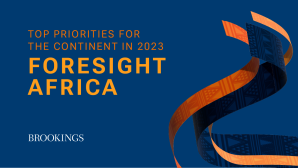 Global shocks have revealed the fragility of our food systems and the pressing need for increased investment in food security. This is particularly true in Africa.
Global shocks have revealed the fragility of our food systems and the pressing need for increased investment in food security. This is particularly true in Africa.
Africa is the region worst affected by hunger, with more than one in five people chronically under-nourished in 2021. Recent shocks from the war in Ukraine and increasingly severe impacts from climate change are making this situation worse. IFAD’s regional teams are seeing up to a doubling of food, fuel, and fertilizer prices compared to 2021. This threatens to undermine food security and agricultural productivity in the present, and recovery in the future. Small farms deserve particular attention. The vast majority of Africa’s farms are under two hectares and account for most of the food consumed by the continent’s most vulnerable populations.
Humanitarian response is essential, but it is not a long-term solution. The financing gap between long-term resilience building and short-term emergency food assistance is significant and rising. This undermines the ability of poor rural people to cope with future shocks. We need to tackle the underlying factors of food insecurity to avoid recurring crises, and to tap into Africa’s significant potential to produce food for itself– and for others.
Humanitarian response is essential, but it is not a longterm solution. The financing gap between longterm resilience building and shortterm emergency food assistance is significant and rising. This undermines the ability of poor rural people to cope with future shocks.
IFAD is calling for more finance and investments in Africa’s food systems, innovations that reorient towards fairer outcomes, and that fuel jobs and harness the potential of Africa’s youth. A simple cost-benefit analysis would show that it costs less to invest in resilience and prevent a crisis, than it does to launch a large-scale emergency response. Furthermore, studies show that investing in agriculture is significantly more effective in reducing poverty than investment in any other sector.
Through our work on the ground, we see that investing in fair and sustainable food systems can transform small-scale farms into sustainable agribusinesses. This builds local production capacity and improves Africa’s food sovereignty. It creates jobs along the value chain, particularly in processing, transport, and marketing. When rural economies are thriving, they offer opportunities for decent work. Migration becomes a choice, not a necessity, and the foundation is laid for better livelihoods, resilience, and peace.
More than half of IFAD’s core resources go to sub-Saharan Africa, and we are working on innovations in food systems financing, including with the World Bank, and significantly scaling up partnerships with the Green Climate Fund.
In the wake of the war in Ukraine, IFAD launched a Crisis Response Initiative (CRI) to protect the livelihoods and productive assets of small-scale farmers.
Bringing more and fairer investments into African food systems requires innovation and commitments from Governments, the private sector, and international partners. This is where I see room for leaders to focus their attention. New research indicates that transforming African food systems is estimated to require $77 billion a year until 2030–$614billion in total. The demand for IFAD’s work and financing is far greater than the level of commitments. In 2023, IFAD will be presenting this investment case to its Member States to scale up through the Fund’s next replenishment.
By taking a medium- to long-term development perspective, leaders can target the root, underlying causes of food insecurity and build resilience to future shocks. Doing this successfully in Africa would be a huge step in ending global hunger and transforming food systems globally. IFAD will continue to champion this cause.
The Brookings Institution is committed to quality, independence, and impact.
We are supported by a diverse array of funders. In line with our values and policies, each Brookings publication represents the sole views of its author(s).

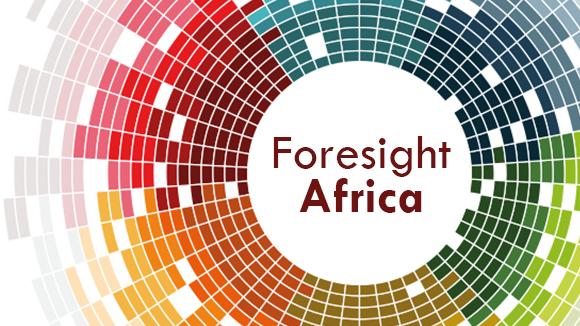
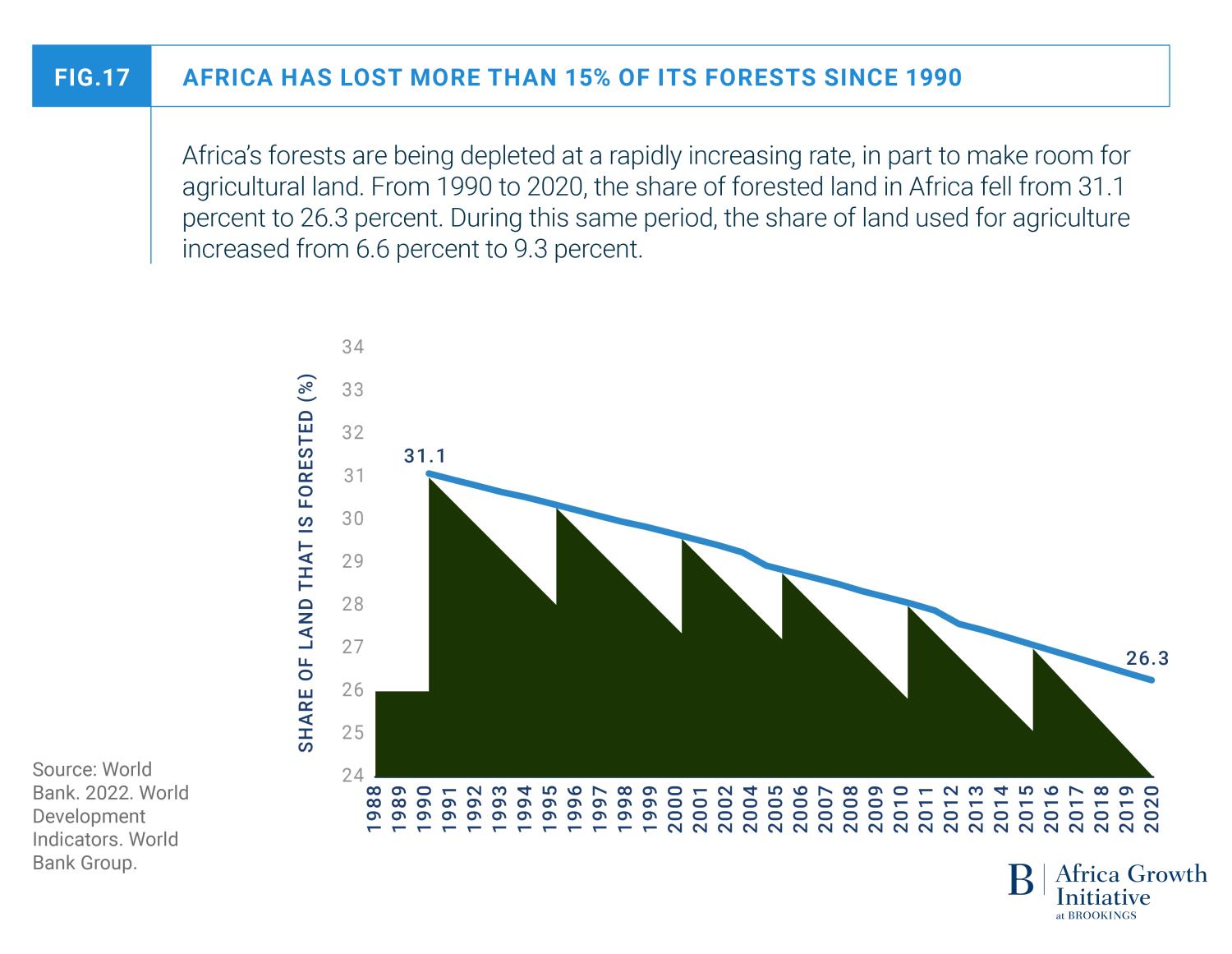
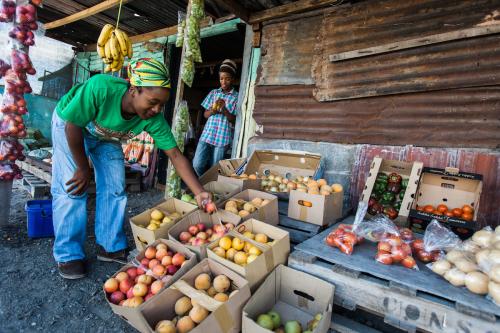
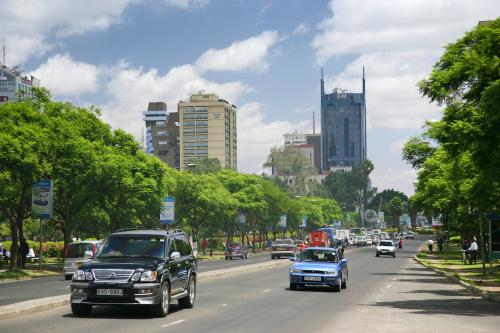
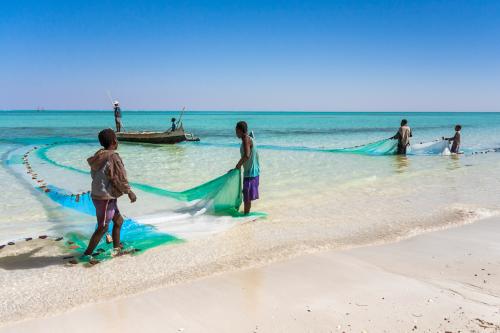



Commentary
Financing food systems resilience in Africa: A starting point for transformation
August 11, 2023